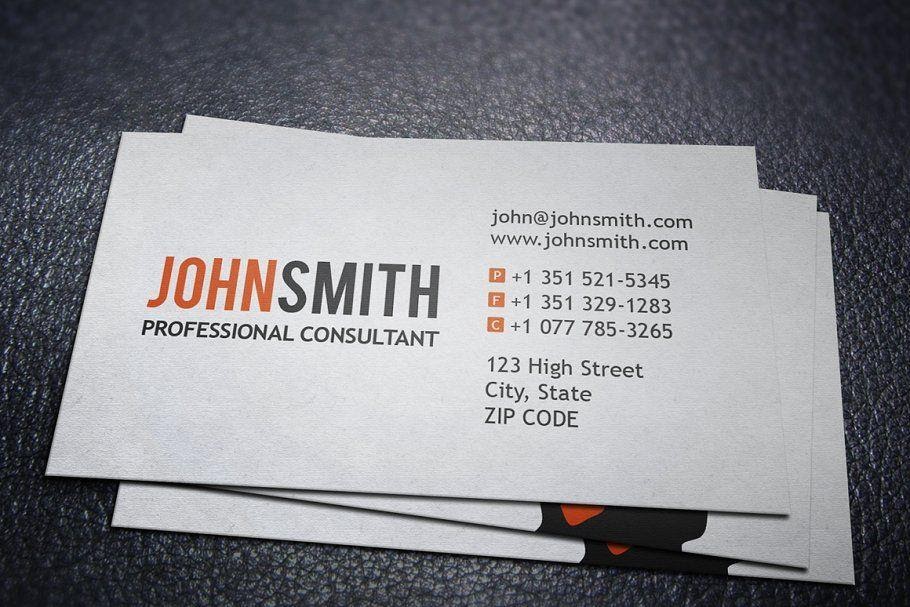We get it. Trade, business development, marketing. All somehow acceptable terms. But the moment coaches hear the word sales, they break out in a cold sweat with early warning signs of coronary disturbance. Our knee-jerk negative reaction to this profession is mirrored in academia. Ranked 43 out of 44 topics the typical MBA student least wants to learn, sales gets a bad rap. Still.
But who wants to be a typical MBA student?
Most coaches would rather have a tooth pulled than solicit for business. But if coaches understood how the skills of successful coaching are precisely those successful salespeople possess, they might not be quite so afraid.
Get exclusive tips, tools, and invitations to complimentary MasterClasses to support your success as a coach.
So often success in sales comes precisely from the same skills that lead to success in coaching, in leadership, in consulting. Excellent communication, the ability to build relationships. The desire to create trust from a place of integrity.
Yet sales can still create an image of the ‘oily’ car salesmen to some. Or prompt holier-than-thou proclamations from others that it’s a poor man’s profession. But these labels expose theirs, not its, lack.
And highly successful salespeople, like highly successful coaches, are not poor.
The rebuttal to all this sales-phobia would be, if you can’t do sales then you can’t do much. Sales is what we do all day long, as coaches, as professionals, as leaders. There’s no prerequisite for shady behavior. Quite the contrary. It’s noble, necessary, work that any self-respecting professional service provider, who wants to build their business, does by default.
So, what do great salespeople and great coaches have in common?
Salespeople and coaches qualify the client.
Salespeople do their homework. They ‘look’ for clients who are likely to need what they have. Sounds obvious. But qualifying a client is hugely important. It saves time in the long run. Increasing your chances of a ‘yes’ reduces ‘nos’.
Coaches find the kind of client they want to work with. The kind of niche that’s likely to benefit from their style, their background, character, energy. Their experience.
So qualifying coaching clients by spotting which ones might have the kind of pain the coach understands also matters. And finding a client from an industry they know, or who likely shares a similar value set, certainly doesn’t do any harm.
Qualifying the client requires leveraging a coach’s unique skill set and finding a match. This differentiates you as a coach. And it’s a gift for the client.
Salespeople and coaches ask great questions and listen.
As a coach you’ve already honed your craft for asking great, open-ended questions. This is exactly what great salespeople do. They do not talk about products and services for a long, long time. They find out, in thorough detail, what the client might need.
In fact, it might be truer to say that great salespeople are great coaches. Salespeople who truly excel at selling win the respect and trust of clients, precisely because they listen to the client. They don’t dump solutions on them. They find out what the client needs.
Unskilled coaches and salespeople impose their ideas, opinions, and products. They have limited understanding about the needs or desires of the client. Usually because they’re so busy talking and advising. Instead of asking and listening.
Salespeople and coaches help clients solve the client’s problems.
Salespeople pull out an appropriate solution that might help the client get further in their quest for doing things better. Similarly, coaches move clients from problems to solutions skillfully. Both facilitate progress. After listening intensely, skilled salespeople and coaches pull something useful out of their ‘metaphorical bag.’ Not because they are conniving influencers. Because they are prepared.
The ‘metaphorical bag’ always has the right tools because the client was properly qualified in the first place. Prepared, professional coaches have frameworks and models ready to offer. Salespeople have products and services.
A great coach steps out of the coaching role, puts on the consultative hat, and introduces a tool kit to help the client. This beautifully mirrors the moment a professional salesperson presents the product or solution.
Salespeople and coaches build trust and challenge their clients through respect.
Self-respect and respect for others create trust. Self-respect means reminding ourselves we have something crucial to offer. Authenticity is key. Trust is developed by respect, not likeability.
So being on equal footing with a client is a critical mindset for a coach to have. And for a top tier complex solution seller. It’s especially important with senior leaders. They have few people around them who’ll really challenge their behavior and thinking. Challenge stimulates a client to think deeply. It widens their perspective and knowledge. And this ability to widen the client’s perspective is a core competency in coaching and sales.
Go where no one else dares to and take your client there. By doing this a coach, like a good salesperson, demonstrates they’re focused on the client’s success.
An unskilled coach or salesperson would rather be liked, than respected. They’ll avoid anything that might stretch the client. That might risk rejection. Stretching and challenging someone does run the risk of push back. But it’s the only place where growth can happen.
Unskilled coaches and salespeople will buy into a client’s story that other factors are holding the client back. They stay in the status quo of this tried and trying furrow. But this furrow is just a grave with the ends kicked out. A great salesperson or coach will inspire the client to think differently. Suddenly they’re planting seeds in that furrow.
And next harvest is going to be a great one. That’s called creating impact.
But it requires courage to challenge the client to get out of the grave and sow.
Successful salespeople and coaches close the deal.
Great sales people continually hold their clients accountable. They committed to travel, invested time and energy. Asked fantastic questions. Helped the client think through the problems. Provided additional thinking and guidance to help them reach a solution.
So now it’s OK to expect the client’s commitment. In sales it’s closing the deal. Agreeing timelines for implementation. Now the collaborative work begins.
In coaching we call it holding the client accountable. What happens when? What’s the result at what point? What is the result we’re committing to? How’s it going to be different this time?
The 3 fears that stop coaches building a busy practice
Wayne Gretzky said, “You miss 100 percent of the shots you don’t take”. And coaches who want to build a busy practice need to take shots. They need to sell. But 3 fears hold them back. Fears great salespeople overcome.
- Fear of judgement. This comes from low self-esteem, the plague of this world. Forget Covid. Lack of self-awareness, self-direction, self-worth is the biggest pandemic right now. Comparison with others is a zero-sum game that most sadistically play. Stop it! There’s no one else like you.
The cure? Get clarity on your goals. Make them exciting. Pursue them unapologetically and relentlessly. Great salespeople do this.
- Fear of rejection. Some coaches feel inadequate. They lack self-belief. And skills they simply never practiced. Yet.
The cure? Start to believe and approach people and organizations. Eventually you’ll find interest. Great salespeople know doing this leads to sales. The deal is ‘when’, never ‘if’. - Fear of pricing their value. Invariably this has two sides. Limiting beliefs around money and limiting beliefs about one’s own intrinsic value.
The cure? There’s a market. People will pay. Money is available to you. Your uniqueness is your value. Embrace it!
Many market. Few sell.
Go where others fear to tread and try selling. Differentiate yourself by not being the one to hide behind social media, blog posts, and jazzy email campaigns. Find out about a potential client and get on their radar in a unique way. Then pick up the phone. Be you. It’s amazing how many people are delighted to have a proper conversation with a human being who’s interested in them.
When we spark interest, tell a story of a successful coaching result, we’re selling. When we close on a next step, that’s selling. If we’ve agreed to an exploratory meeting, a test of our work, a possible collaboration – it’s a sale.
Variations of this formula are what build your practice. Sales is simply for people who dare to go where most others won’t.
Sales can be done by anyone with the courage to reach out. Extroversion or introversion aren’t relevant unless you make them so.
Belief and drive are.
So now you understand how similar great coaching and great sales are stop robbing the world of your skill set. Get out there and start selling your coaching.
And the bonus in doing this?
When you get bored of coaching you know you can ace it in sales! Turns out you didn’t need that MBA after all.







